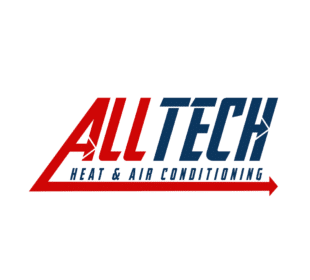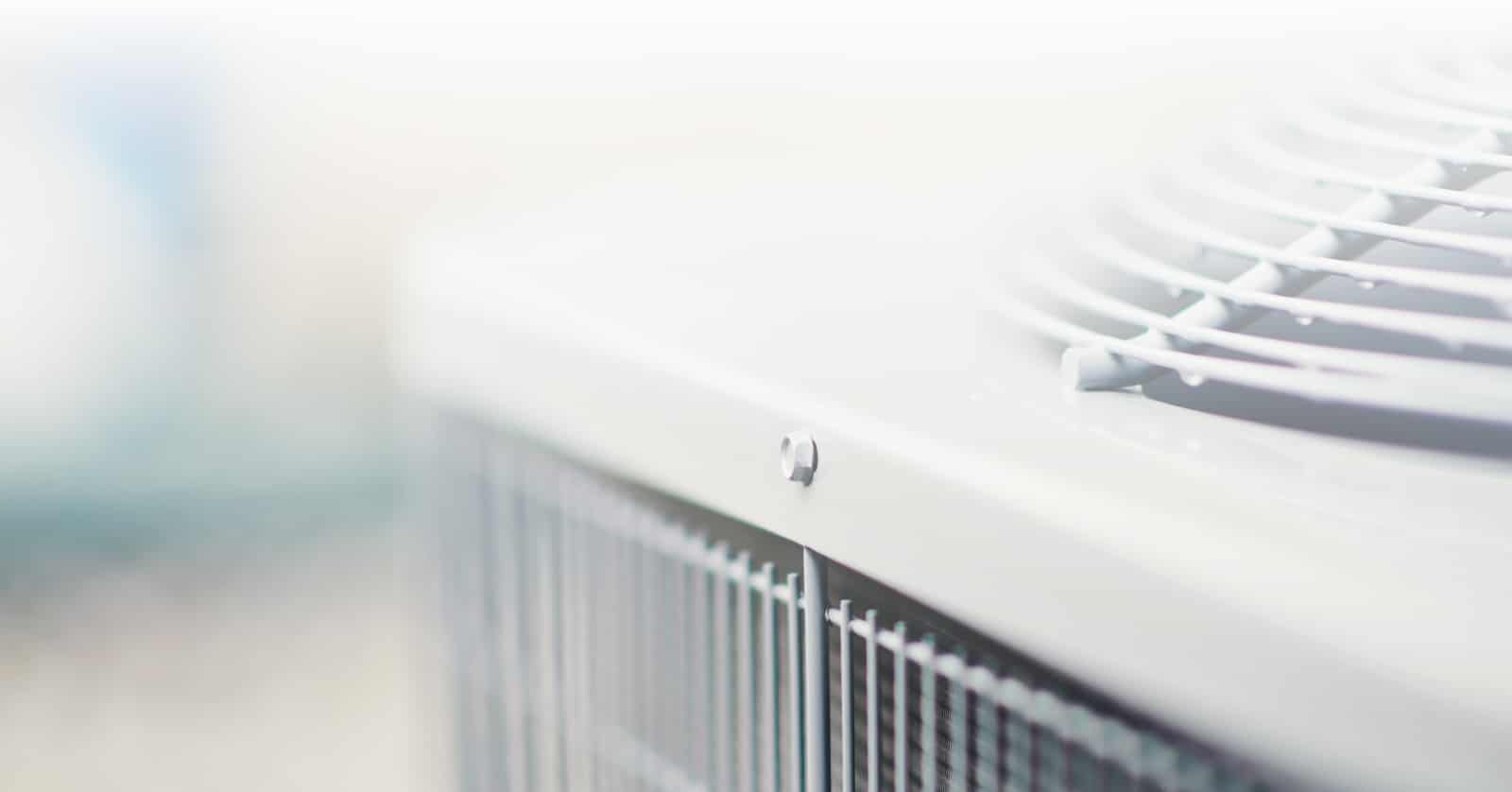Heating your home can be expensive. Heating costs are usually the largest part of a utility bill. Finding ways to reduce your energy bill while still being comfortable can be challenging. Here are several ways to heat your home in the most energy-efficient way.
Cheap and Efficient Heating
Home heating costs are determined by several factors, such as climate and the size of your home. What type of fuel the system uses is a core determinant of the cost of heating your home. Natural gas is usually the cheapest way. Even with higher gas prices, a heating system fueled by natural gas is typically less than electricity, propane, or heating oil.
Energy efficiency is another way to assess the cost of a heating system. An energy-efficient heating system saves you money on your heating bill. Some estimates indicate that high-efficiency heating systems could save you about 50% on your energy bill. For example, a natural gas heat pump can provide this level of savings.
Furnaces and boilers have an annual fuel utilization efficiency rating (AFUE), which indicates what amount of energy your system consumes is put to its intended use. Present-day heating systems are required to have at least an 80% AFUE, meaning 80% of the energy is used effectively for heating purposes while 20% is wasted. Put another way, for every dollar you spend, 80 cents goes to heating, and the other 20 cents is wasted.
High-efficiency heating systems come with a 90% to 98.5% AFUE, so only a small percent of the system’s energy is not directed toward heating purposes. These AFUE ratings mean that less energy is used to provide heat, which in turn lowers your heating bill.
Replacing Older Heating Systems
Even if your older heating system is still working, you can save money by replacing it with a high-efficiency one. Older furnaces can have efficiency ratings below 70% AFUE, meaning it costs more to heat a home. Newer, high-efficiency systems can provide up to 28.5% improvement over older systems and reduce monthly bills.
New high-efficiency systems distribute heat throughout your house better than older models. These systems usually have a longer lifespan and require less maintenance. They also come with smart controls that allow you to easily adjust temperature settings for different seasons and times of the day.
Newer natural gas high-efficiency heating systems are a good starting point for cheap and efficient heating. Yet, there are several options to choose from.
High-Efficiency Furnaces
A natural gas furnace is a commonly used high-efficiency heating system. In this system, burning gas creates heat that goes through a primary and secondary heat exchanger before a fan or blower pushes the warmed air through pipes and ducts to warm your house. A main advantage of gas furnaces is that they can quickly produce a large amount of heat.
This option is appealing in areas that have harsh winters. Newer natural gas furnaces usually come with a 95% AFUE rating. They provide this higher efficiency with a secondary heat exchanger that reuses more exhaust gas than standard models.
High-efficiency furnaces offer several other advantages to homeowners. These units have top-rated air filters to provide better indoor air quality, work with smart thermostats for easy programming, and are quieter than traditional furnaces. With higher AFUE ratings, they are also better for the environment.
However, installation costs for high-efficiency furnaces are typically higher than standard units. You’ll want to weigh the higher upfront cost with the reduction in monthly bills over time.
High-Efficiency Heat Pumps
Heat pumps are a top alternative to furnaces. Heat pumps are cheaper to operate because they transfer heat rather than generate it. Another advantage is that they can easily switch from heating to cooling modes, meaning you won’t need a separate air conditioner. Heat pumps primarily operate with electricity but can also be fueled by natural gas. However, natural gas heat pumps are primarily used when there is no electricity access.
The heating seasonal performance factor (HSPF) is the measure of energy efficiency for heat pumps. As of 2023, the Department of Energy Heat requires that pumps have an 8.8 HSPF rating. Because heat pumps also cool your home, you’ll want to look at the seasonal energy efficiency ratio (SEER) as well. This measures how efficiently the unit cools a home, and minimums are set by region. Oklahoma is in the Southeast region, so the Department of Energy requires cooling units to have a minimum SEER 15 (equivalent to a SEER2 14.3).
An air-source heat pump is the most common type. It works by extracting warmth from the outside air and transferring it to the inside. Ducted air-source heat pumps can be connected to your existing ventilation systems, while ductless heat pumps work without needing a network of ducts.
Geothermal heat pumps are another option and more energy efficient than air heat pumps. A geothermal heat pump draws on the constant temperature of ground-source heat. Outside air temperatures can vary widely and impact a heat pump’s ability to heat your home. Geothermal pumps avoid this variance and provide a more reliable and cheaper way to stay warm in the winter.
The Environmental Protection Agency indicates that geothermal heat pumps can provide a 44% reduction in energy usage compared with air-source heat pumps. Geothermal heat pumps also control and maintain humidity levels better. These heat pumps can last over 20 years and provide an optimum long-term heating solution.
Electric Furnaces
Although electric systems tend to be more expensive to operate than gas ones, they have some advantages that may provide cost savings.
Electric furnaces, for example, do not lose heat like gas systems do. Technically, they are 100% energy efficient, directing all the system’s power into generating heat. Yet, electric furnaces usually run more frequently than gas furnaces, which can drive up energy costs.
Electric heating systems are considered safer because they do not burn fuel like gas systems. There is no risk of an explosion or a carbon monoxide leak. Installation of electric heating systems is usually easier and less expensive than gas systems. Control over temperature settings also tends to be more exact when using electricity.
The potential cost savings also comes from the shift to cleaner energy sources and their long-term efficiency. Electric heating systems do not release pollution or other contaminants into the environment. Electric heating systems usually last longer than gas ones. Some studies estimate they can last about 50% longer than a gas system. Given these benefits, electric heating may be an attractive heating solution for your household.
Trusted Heating Services
We provide heating installation, maintenance, and repairs to Oklahoma City, OK and surrounding areas. We also offer air conditioning, duct cleaning, and plumbing services. We are here for all your HVAC needs. Please contact us at All Tech Heat & Air for more information about heating systems and ways to find the most cost- and energy-efficient one for you.




